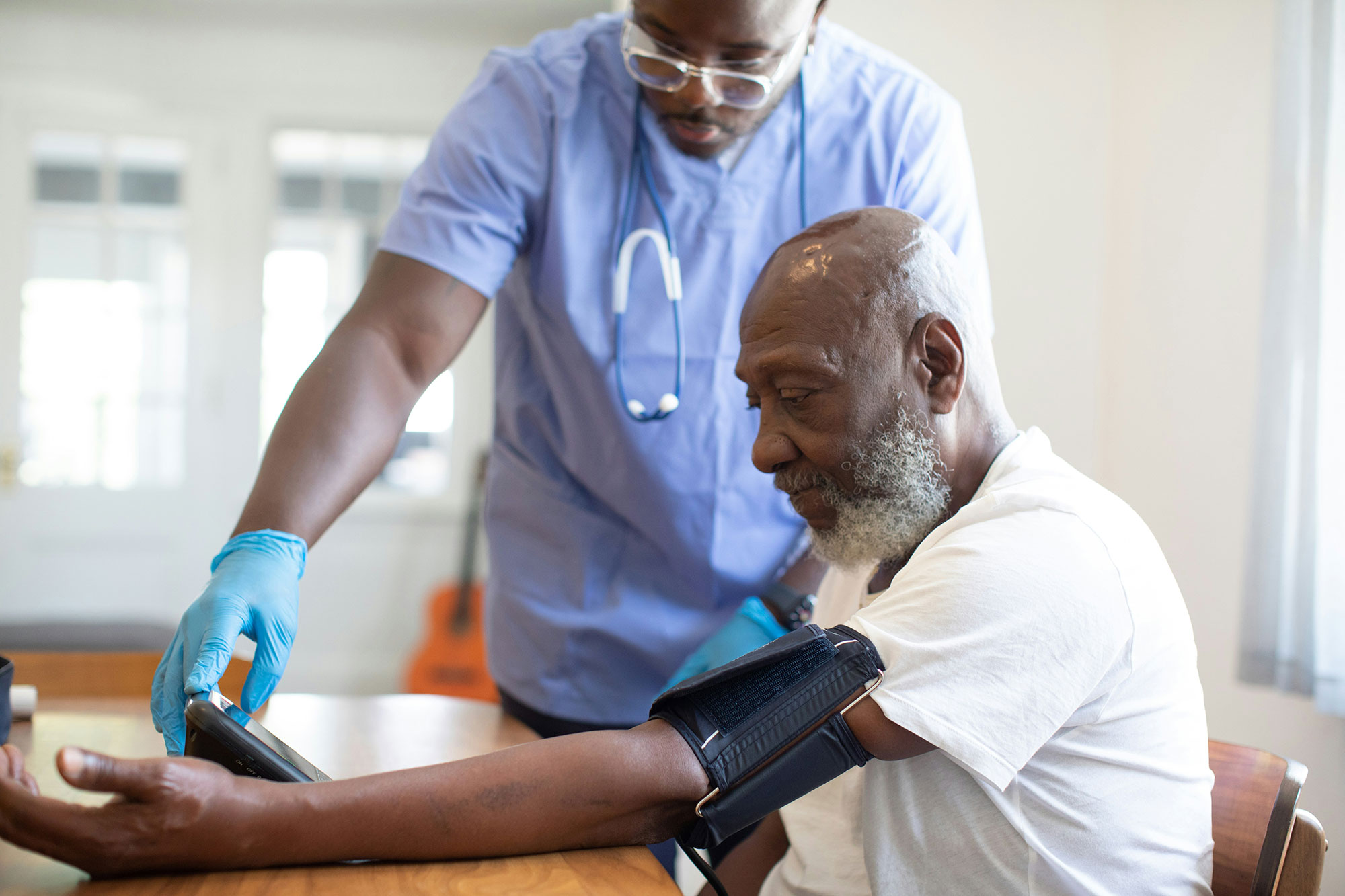By Laila Henderson
“Oh my gosh, babe!” exclaimed Bryan McKinney’s girlfriend, Kiden-Aloyse Smith.
Right before she arrived home, McKinney had been crouched on the floor, unable to stand due to his debilitating back pain.

Earlier that day, he made his usual trip to Planet Fitness, having started his fitness journey two years prior. “I didn’t have as much guidance with (my) form,” he admits, yet it had never previously inconvenienced him when trying to learn on his own.
The Jackson State University student proceeded with his usual workout, eventually making his way to the seated leg press, despite having regularly experienced low-level back pain once a day or every couple of days for a few years. As McKinney sat down, he did not know to adjust the seat to allow him to sit up straight during his workout.
When he extended his legs, he felt extremely sharp back pain. He got off the machine and forced himself to stand, then limped out of the gym, taking great effort not to let the other gym-goers notice how hurt he was. Slowly, he made his way to his car and drove to his apartment, which was located on the second floor. He painfully made his way up the stairs and into his apartment, lying on his couch while waiting for Smith to arrive.
When Smith arrived, McKinney crawled to the door to let her in. Once inside, she helped him stand, and got him an ice pack and pain medicine. She tended to him, massaging his back and getting him food, eventually leaving when he was settled.
The next day, McKinney was well enough to move around without help, yet he spent most of the day bedridden and trying to stretch to make his back feel better. He continued to take pain medication, not returning to the gym for another week after his pain had mostly subsided.
Despite this incident, McKinney still won’t seek medical help. “I’m scared to go to the doctor. I’m kind of scared of what may come of it,” he says.
Men Avoiding Doctors An Epidemic
Many other men have the same fear. Data from Cleveland Clinic show that 37% of men know they have a health issue, yet they are not ready to face the diagnosis by bringing it up to their health-care provider.
“Men don’t go to the doctor as (often) as women, and the latest data suggest that they go half as much,” Dr. Justin Turner says. Turner is an assistant professor at the University of Mississippi Medical Center and the founder of Turner Care Clinic in Jackson.
Part of the reason many men avoid facing their diagnoses is that many have a provider mindset. “We’re mainly just focused on being the breadwinner. We’ll push it off for a long time,” McKinney says.
Even McKinney’s grandfather was afraid of not being able to provide for his family during his own health struggles. He pushed off his health until his issue became severe enough that he was forced to stop working.
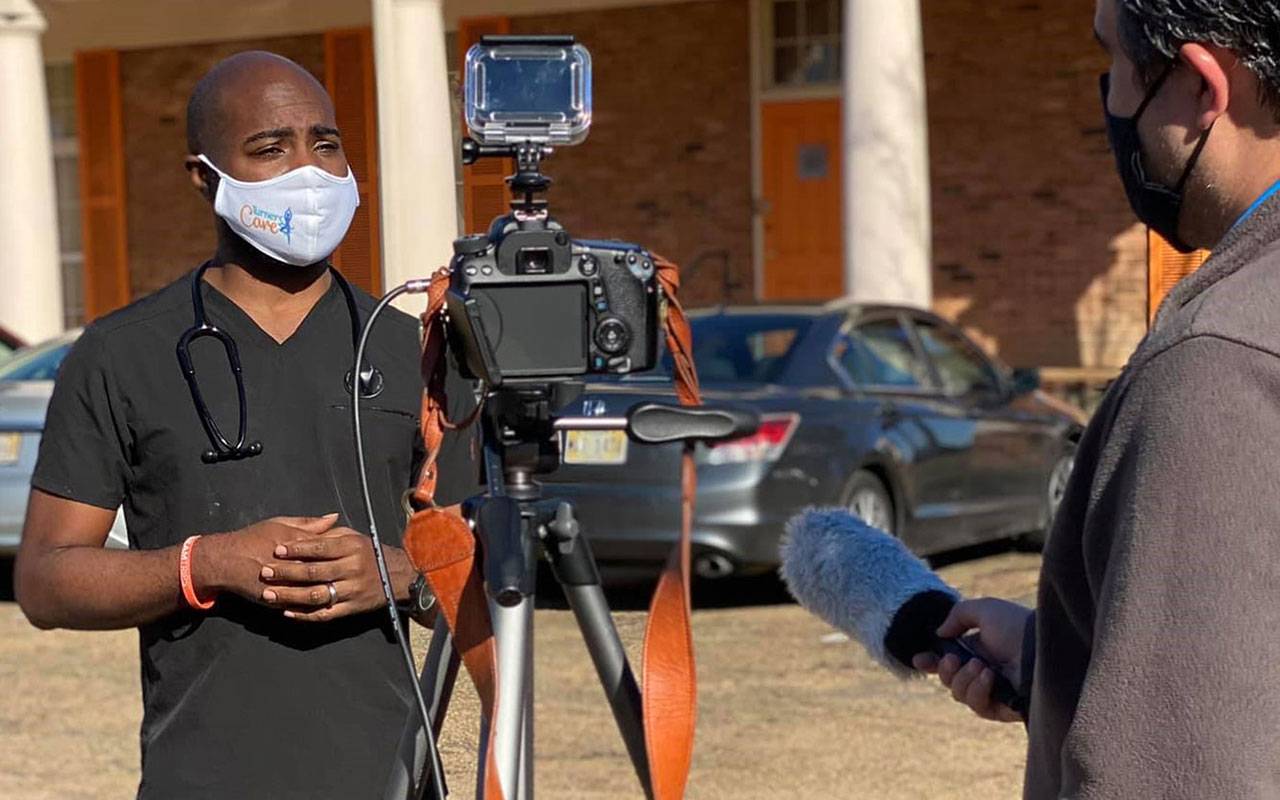
Men’s aversion to health-care services is detrimental to their overall health. Science Daily reports that men live 5.8 years less than women on average. The CDC reports that as of 2023, 50.8% of men aged 18 and older have hypertension and that they are more likely to suffer from heart disease and diabetes than women, despite having similar rates of obesity.
The lack of adequate mental health care for men can also have adverse implications.
“We turn to alcohol, we turn to drugs, we turn to violence, (and) we turn to broken relations,” Dr. Timothy Norris, a licensed professional counselor and supervisor for the DMN Behavioral Counseling Group, says. “Everything is centered around your mental health.”
Poor mental health can negatively influence people’s job stability, increase the risk of physical ailments and negatively impact relationships.
High Costs Exacerbate the Problem
“Avoiding needed medical care has consequences,” Dr. Justin Turner says.
“In Mississippi, we have historically been at the bottom of just about every health category for some time, not all, but the majority as relates to cardiovascular disease, diabetes, hypertension, stroke, cancers and obesity,” Turner warns.
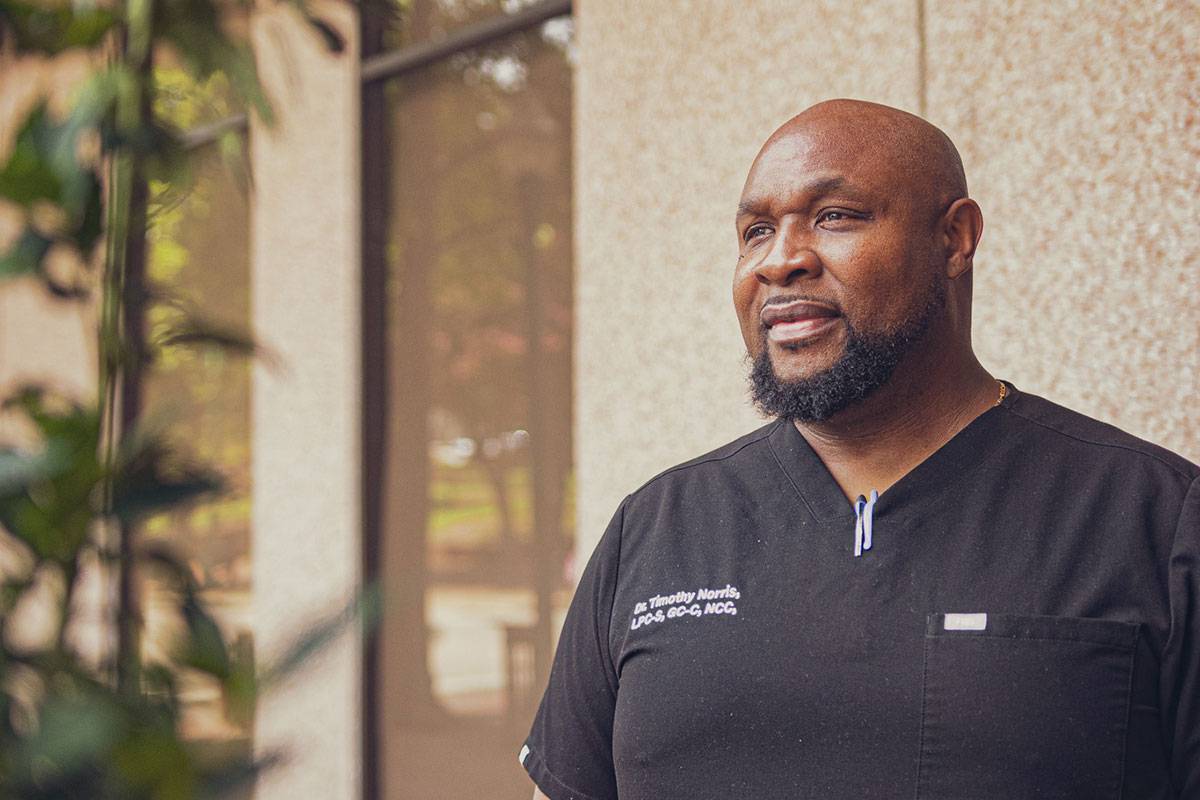
Mississippians are at a greater risk of hospitalization due to these ailments, yet too often, this state’s residents avoid seeking treatment. Medical expenses are one of the leading causes of bankruptcy, so many adults—not just men—avoid going to the doctor. Here, 10.5% of Mississippians are uninsured and 15.2% of adults have medical debt. More pressingly, 40% of Mississippians live below the federal poverty line, so concerns about medical costs are exacerbated.
“There are a lot of people who make too much money to qualify for Medicaid but not enough for commercial insurance,” Turner says. The salaries of Mississippians are low, so health care is unaffordable for many people.
“And so when you’re looking at men who are working, most Black men make around $35,000 to $40,000, and that’s in Gluckstadt, that’s in Madison and not necessarily even- lower-paying areas of the state. That’s an average in the state of Mississippi,” Institute of the Advancement of Minority Health program manager and Black Men’s Equity Council member Markyel Pittman says.
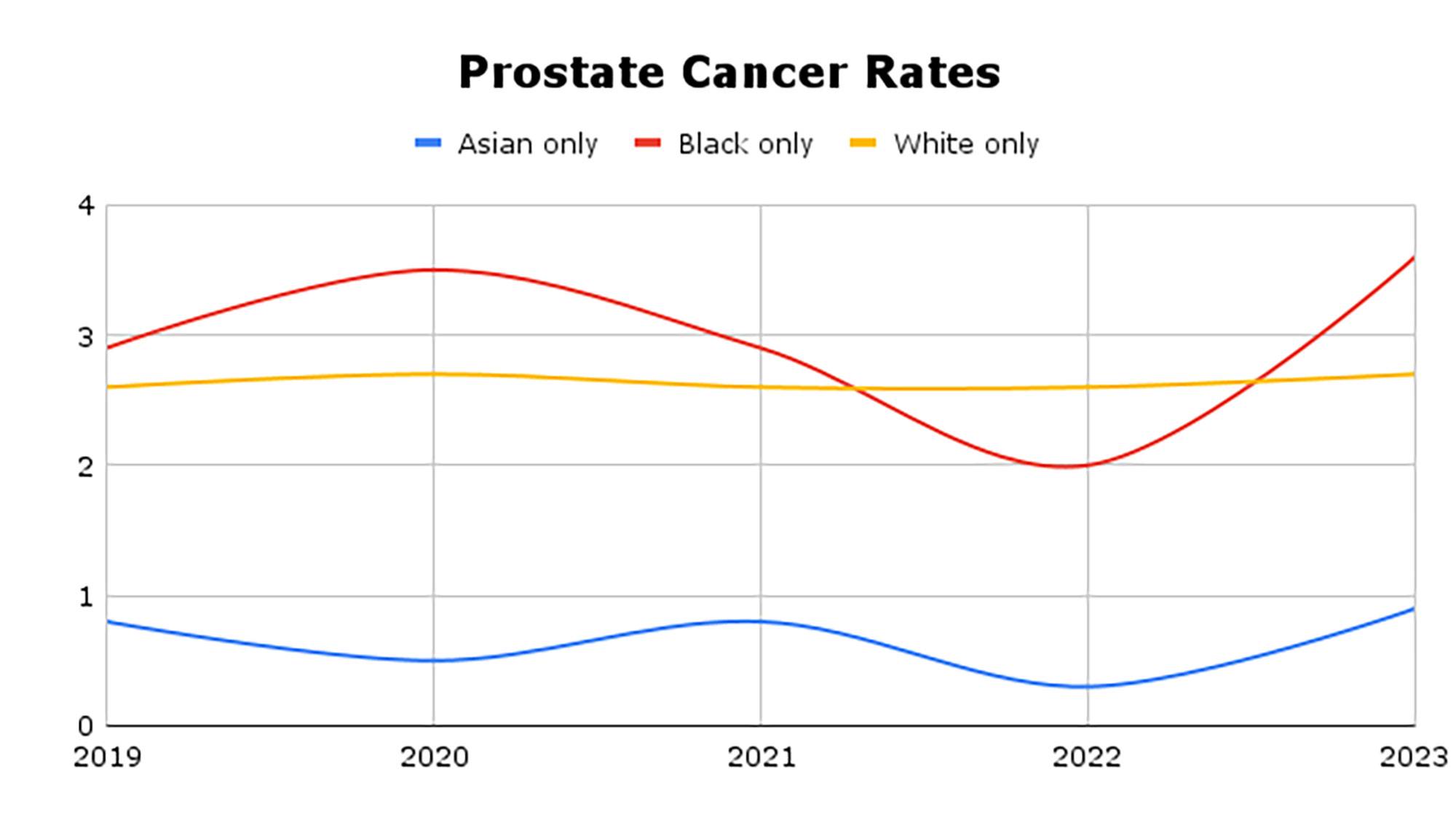
Even though men have poorer health than women as a whole, there are disparities between racial groups in which Black men’s health lags compared to white men’s health.
“Black men lead (in rates of) prostate cancer,” Pittman says.
Those differences can lead to even more health problems. “For Black men, sometimes the racial disparities that we have cause a lot of (mental health) issues,” Dr. Norris warns.
Mississippi is one of the 10 states that have not expanded Medicaid access. Both bills that called for its expansion died, and there have not been any recent efforts to propose another. With the passage of the One Big Beautiful Bill Act, as President Donald Trump calls his recent budget bill, more people are at risk of not receiving health care due to its cuts to Medicaid.
Reform the ‘Loss of Control’ Mindset
Even though Mississippians as a whole have one of the lowest health outcomes with the largest number of preventable deaths in the nation, men make up the majority of the adults in poor health. Forty-one percent of men reported that they were told as children not to be “weak” and that complaining about their health is a sign of weakness.
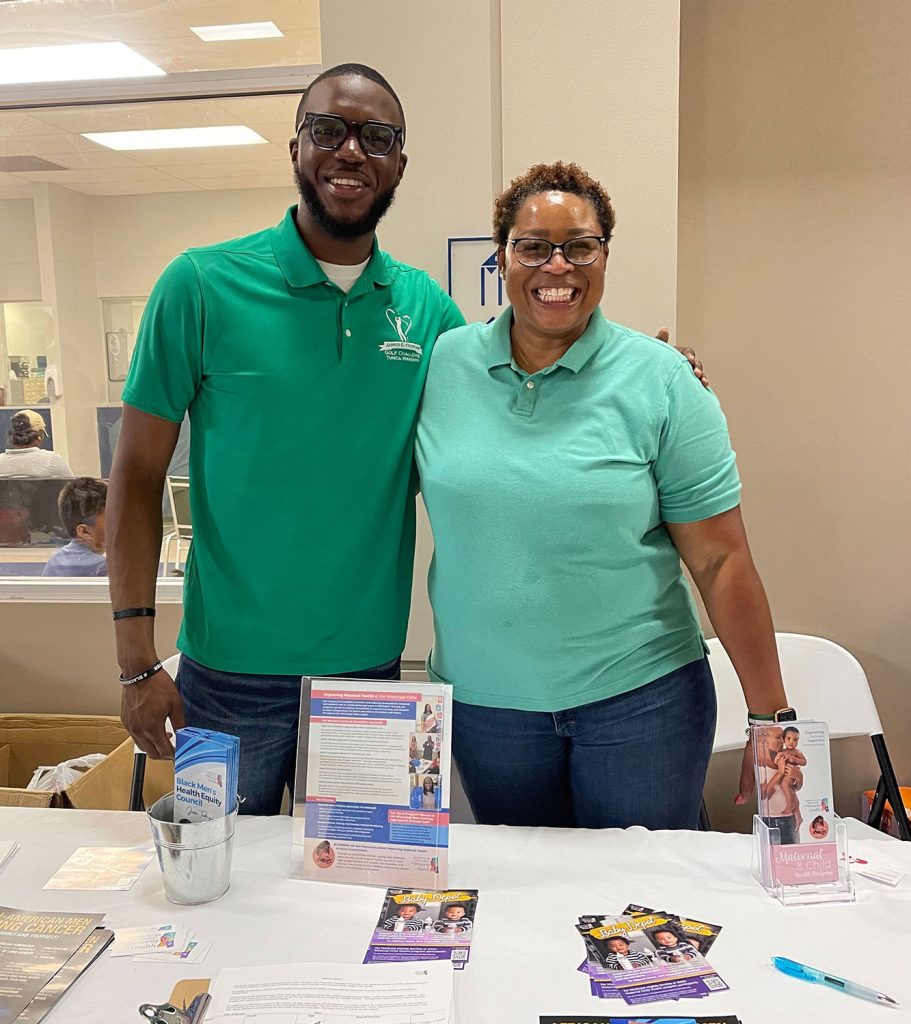
“Men have a problem feeling vulnerable because they fear that they are going to go and start crying and (that’s) going to make them look weak,” Dr. Turner says. “Men fear not having control of whatever they have going on.”
Generally, Mississippians are more conservative—or at least those polled—and hold more traditional beliefs regarding gender compared to much of the U.S. Men and boys whose families accept traditional gender norms are more likely to avoid seeking help for physical and mental ailments.
“It doesn’t make you weak to see your therapist. If anything, it actually gives you courage,” Turner says.
Medical professionals warn that attaining quality health-care advice is difficult without health providers as a support system. “One of the biggest things that men can do is have a primary-care physician, because typically a primary-care physician is someone that they trust,” Turner says.
“The first thing I have to do is let them understand that they’re in a space and what we discuss is what we discuss, and it’s not going to be talked about with anybody else,” Dr. Norris adds.
Community support can also improve men’s views on health care and encourage them to seek providers. “It’s so important to meet people where they are because when you meet them where they are, a lot of people aren’t going to come,” Pittman says.
The most important thing for men to understand if they want to see real change in their health? ”It’s OK to not be OK,” Turner advises.
Read more about Youth Media Project student journalist Laila Henderson who wrote this piece during the summer 2025 class.

